Call for action to prioritise children’s safety and well-being
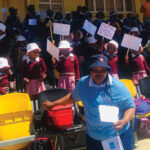
SHARE THIS PAGE!
Despite existing policies and commitments, many children in Lesotho are still lost to preventable causes, especially in the first month of life. Neonatal mortality rates remain high, with many deaths associated with delays in accessing care, suboptimal service quality, limited maternal health services and low levels of community engagement.
High rates of teenage pregnancy, child marriage, violence and malnutrition also continue to threaten the future of children.
According to the World Health Organisation, in low- and middle-income countries including Lesotho, poor quality care, rather than lack of access accounts for an estimated 60 percent of maternal deaths and 56 percent of neonatal deaths.
It is against this backdrop that the Ministry of Health in partnership with the UNICEF and other stakeholders recently launched the child-friendly service approach under the national call to action: #E Seng Ka Ngoana, that translates to #Not At The Expense Of The Child.
#E Seng Ka Ngoana is a movement that puts children at the centre of service delivery, policy implementation and community action.
The initiative was launched in Mafeteng during the World Patient Safety Day 2025 marked with the theme: ‘Safe care for every newborn and every child- Patient Safety from the start.’ The focus this year is on ensuring safe care for every child from birth to nine years of age.
Speaking at the launch on behalf of UNICEF Representative, Dr Bob Muchabaiwa, said E Seng Ka Ngoana is not just a health sector initiative, but a movement rallying cry to every sector, every leader, every household, and every community.
“It is a call to build a country where the rights of children are respected, where their voices are heard, and where their safety is a priority. When we speak of child-friendly communities and services, we are not just talking about colourful rooms or friendly staff. We are talking about communities that are taking deliberate action to achieve coverage of priority interventions for the survival, development and fulfilment of the child rights throughout the life cycles,” Dr Muchabaiwa said.
He also noted that with the initiative comes health centres where mothers are treated with compassion and where every baby is welcomed into the world by a trained professional.
With the initiative, he added, the country envisions schools that are safe and nurturing, free from violence, bullying, and discrimination, communities where children are protected from abuse, neglect, early marriage, and exploitation, a society where every child can survive, thrive, and grow into full potential, not just in urban centres, but in every rural village and remote community.
“The Ministry of Health cannot achieve this vision independently. UNICEF and its partners cannot achieve this on their own. The safety and well-being of our children demand a whole-of-government and whole-of-society approach. Every sector, education, social development, justice, local government, finance, and the communities themselves must work together. We must unite to address not only the medical causes of child mortality, but also the deeper, structural causes poverty, inequality, poor nutrition, inadequate infrastructure, and harmful social norms.
“The challenges we face are deeply connected. High neonatal mortality is linked to high maternal mortality. High infant and under-five mortality stem from missed vaccinations, inappropriate nutrition, and poor WASH facilities. High rates of teenage pregnancy and child marriage are driven by a lack of access to information, education, and sexual and reproductive health services. These issues demand comprehensive, integrated, and rights-based solutions and they demand strong leadership and accountability at every level,” Dr Muchabaiwa indicated.
For his part, Minister of Health, Selibe Mochoboroane observed that access to healthcare, birth registration, nutrition, clean water, education, protection from harm, love and support of caring adults are not considered luxuries, but basic rights of every child.
“#Eseng Ka Ngoana, is not just a slogan. It is a declaration of our values, a reaffirmation of our obligations, and a social contract with the children of Lesotho. The initiative is where every Mosotho child is safe, protected and given the opportunity to thrive,” Mochoboroane said.
He pointed out that too often, unsafe care contributes to tragic and preventable outcomes, newborns and children die from causes that can be addressed such as including delays in care unsafe deliveries, missed immunisations or poor-quality services.
WHO Representative, Dr Innocent Nuwagira, said every child has the right to safe and quality health care from the very beginning of life, yet newborns and young children face higher risks because of their rapid growth, evolving health needs, and unique disease patterns.
Sadly, Lesotho continues to face high maternal and neonatal mortality rates, reminding us that urgent action on patient safety is both a health and a moral imperative, Dr Nuwagira said.
Dr Nuwagira stated that although there is a progress being made, Lesotho still faces challenges including shortages of health workers, high maternal and neonatal mortality, delays in accessing emergency services, and limited availability of medicines and other supplies.
These challenges, he said, increase the risk of preventable morbidity and mortality, particularly for our most vulnerable citizens – newborns and children.
“On this World Patient Safety Day, we come together to highlight patient safety as a foundation for health care, a pillar of Universal Health Coverage, and a key pathway to achieving the Sustainable Development Goals. Safe, high-quality, people-centered care is both a professional duty and a moral responsibility. It touches every life, every family, and every community,” Dr Nuwagira added.
He further highlighted that the country continues to face high maternal and neonatal mortality rates, reminding us that urgent action on patient safety is both a health and a moral imperative.
To accelerate progress, WHO urges all countries including Lesotho, to raise awareness of safety risks in paediatric and newborn care, to mobilise action among health professionals and civil society, to empower parents and caregivers, and to invest in research and innovation to strengthen safer care practices.
“Strengthening patient safety is central to achieving Universal Health Coverage. By safeguarding our children from harm, we are safeguarding the future of our nation. Today, I call on parents, caregivers, health practitioners, health leaders, educators, and communities to join forces.
“Together, let us prevent avoidable harm among the newborns and children, and create a safer, healthier future for every child. By strengthening our systems, empowering families, and placing safety at the heart of care, we can make patient safety a reality for all Basotho, from the very start of life,” Dr Nuwagira said.
An Early Childhood Care and Development (ECCD) teacher in Mafeteng, Lerato Posa said the Ministry of Education and Training has incorporated ECCD into primary schools to foster good development in children from young age.
The initiative aims to provide holistic support including nutrition for vulnerable children, to enhance their cognitive, social, emotional and physical growth.
Posa commended the Ministries of Health and Agriculture, Food Security and Nutrition for actively being engaged in promoting the well-being of children in schools through initiatives focused on hygiene and agricultural projects among others.
“These efforts play a major role in ensuring a healthy environment and provide essential nutrition, contributing to the overall well-being of children,” she said.
She also underscored the significance of nutrition and agricultural projects in schools, aiming to supplement food provided by other partners and promote healthy eating habits.
Posa urged preschool owners to register with the Ministry of Education and Training to ensure they meet expectations and follow guidelines.
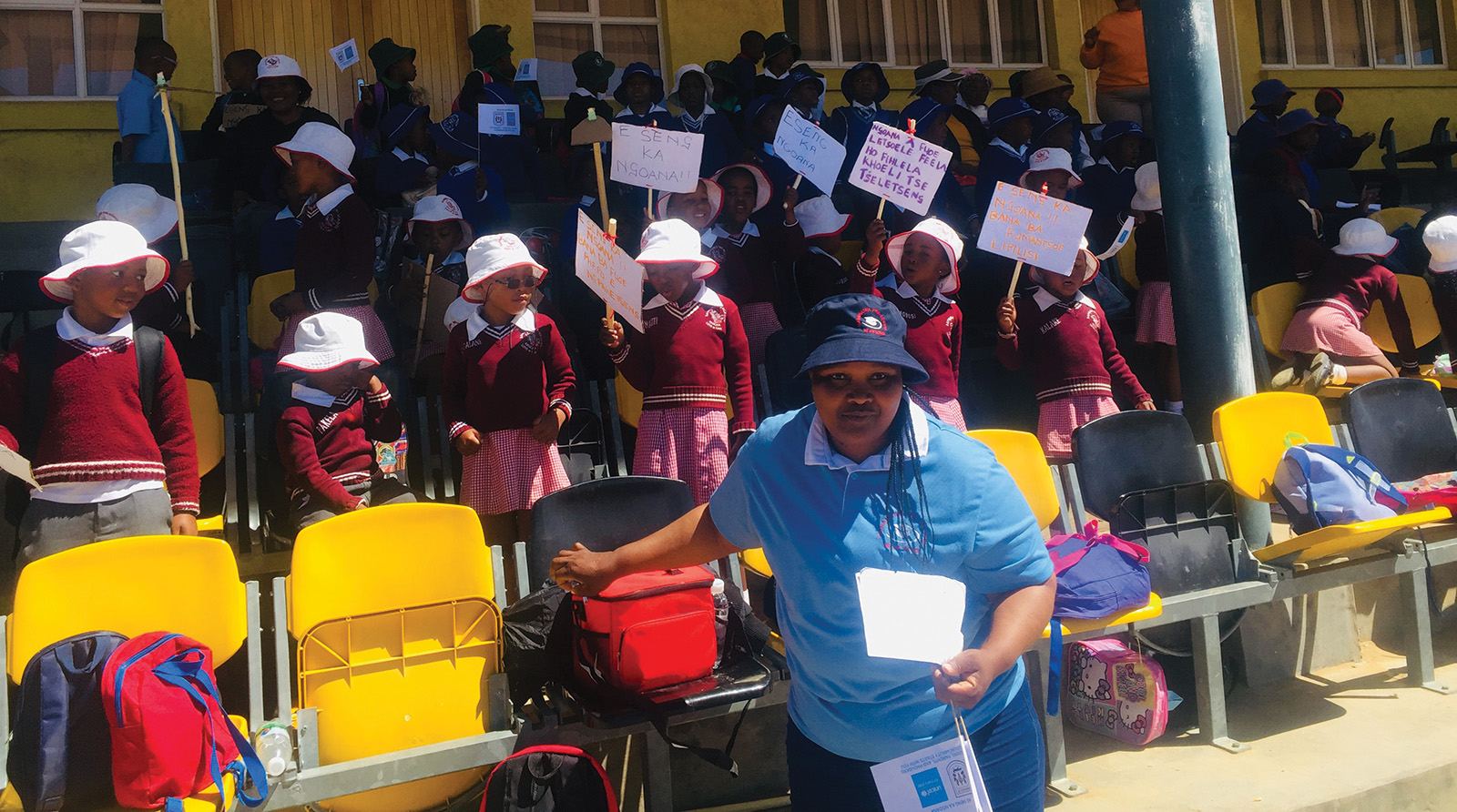
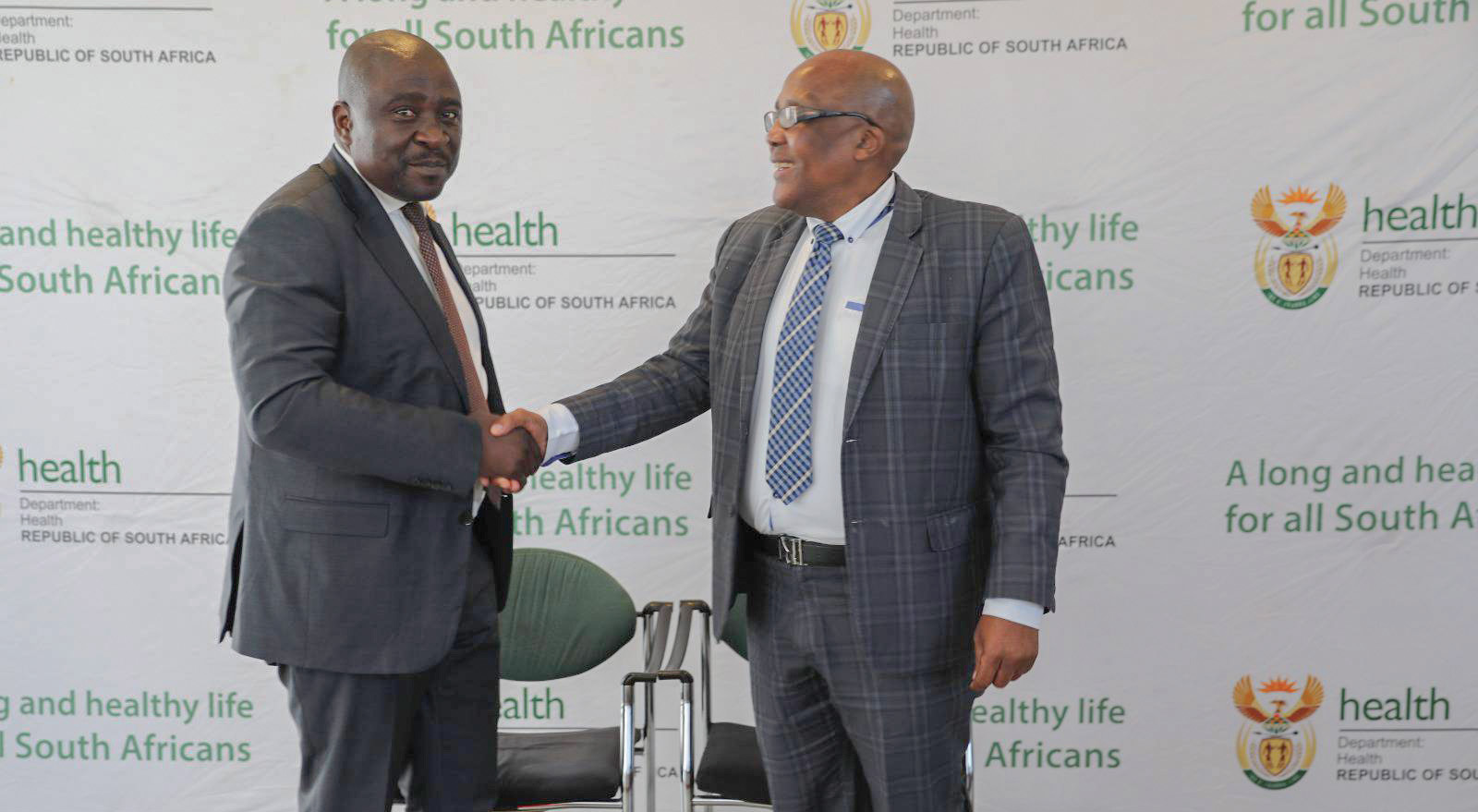
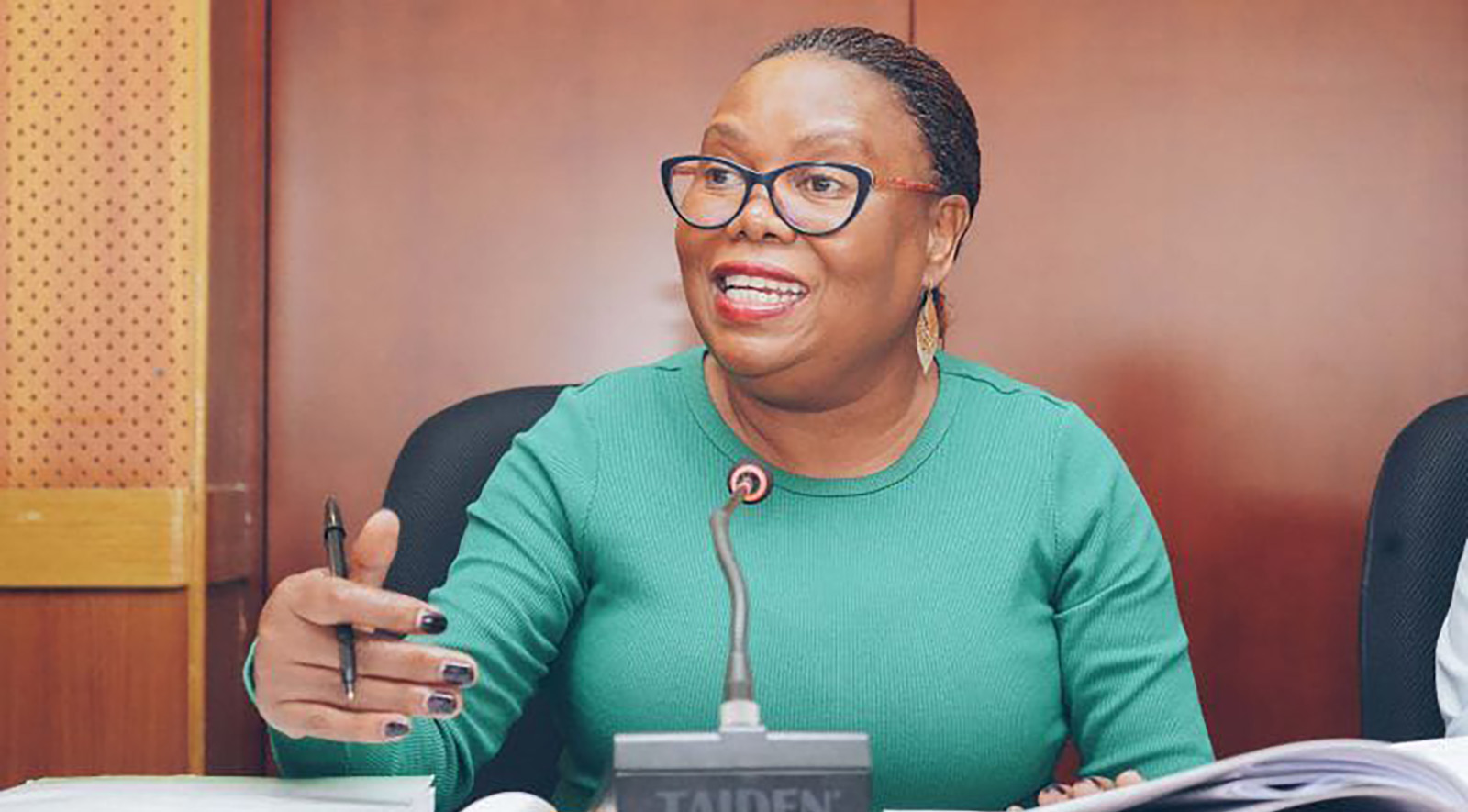
Lesotho to host SADCOPAC conference
7 days ago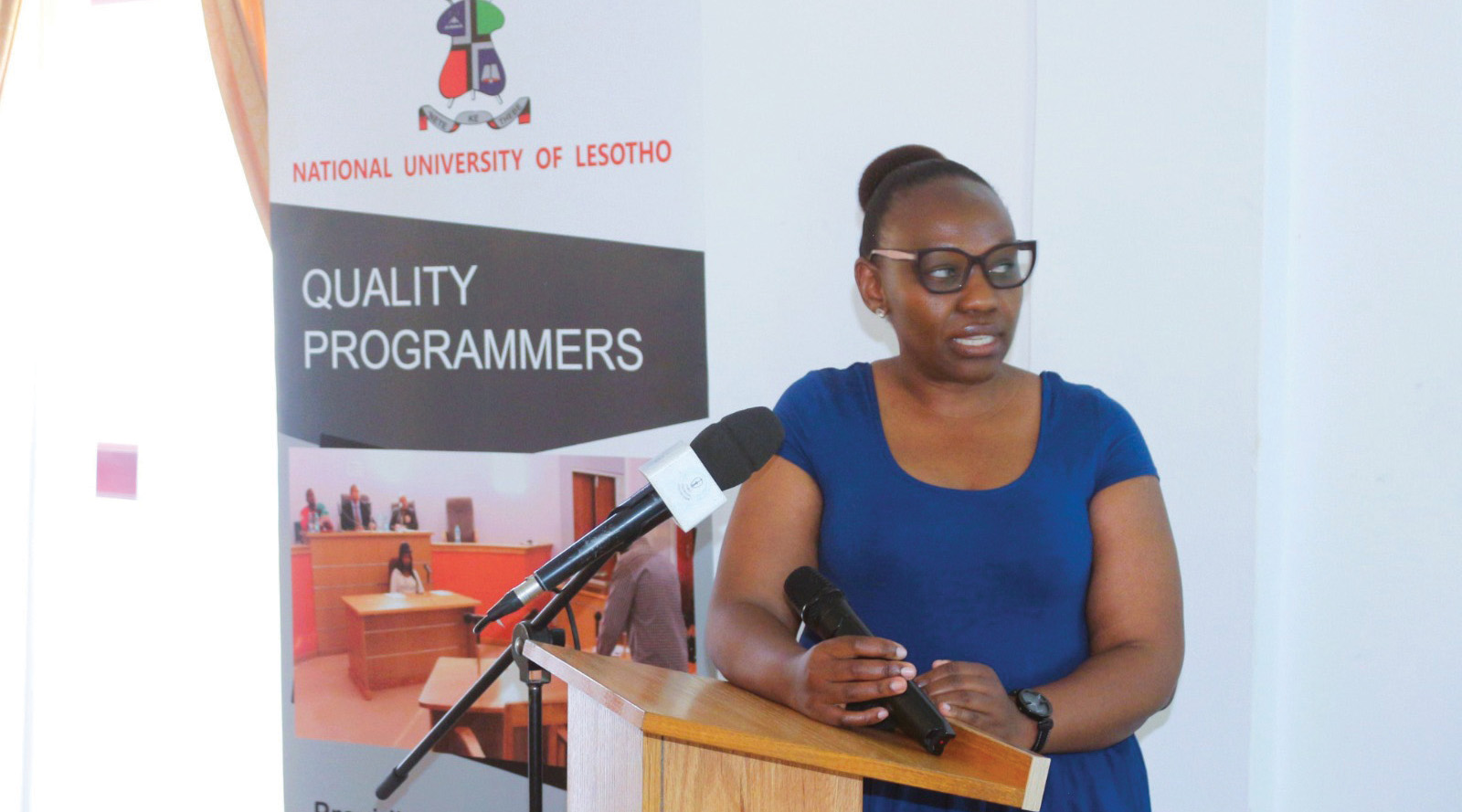
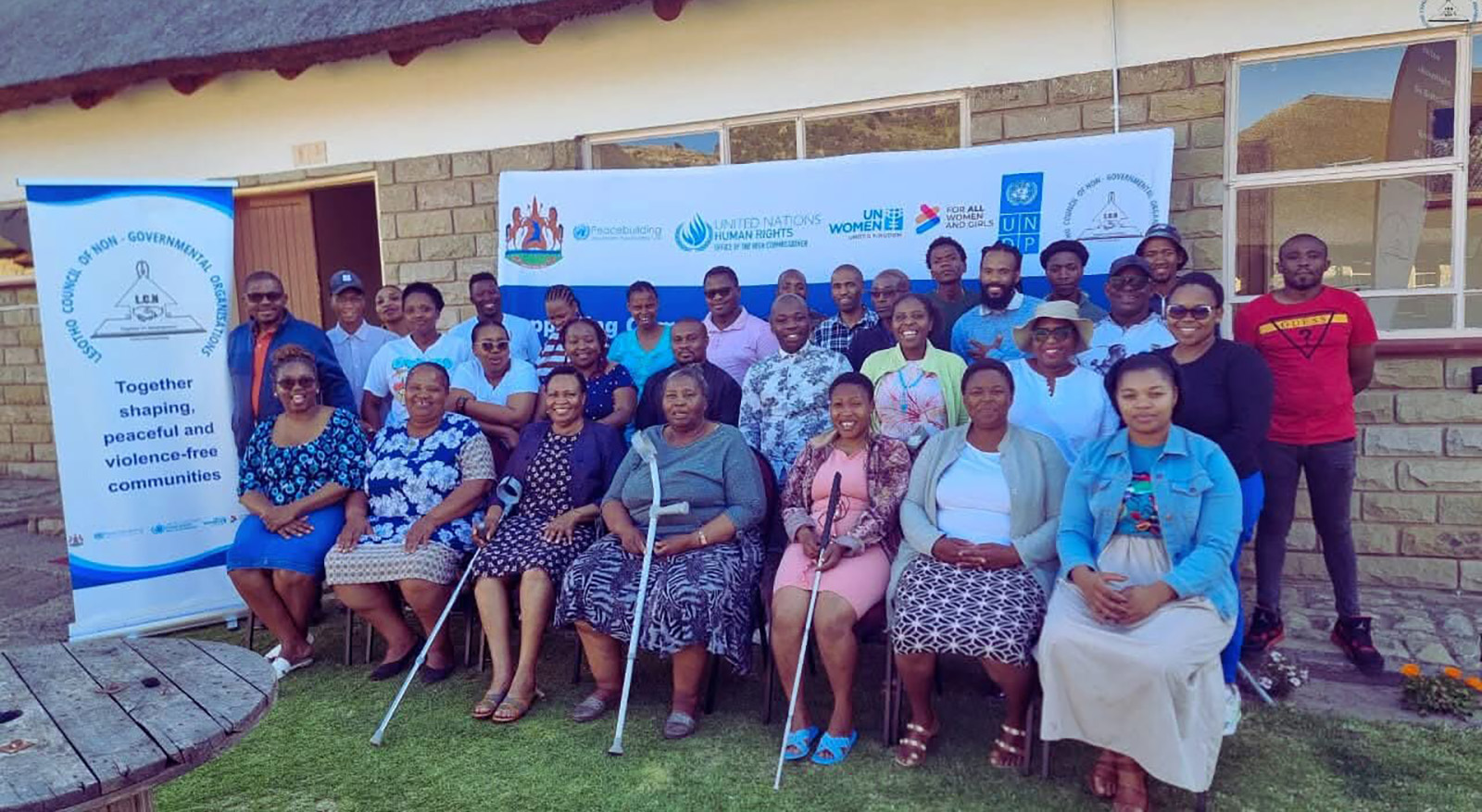
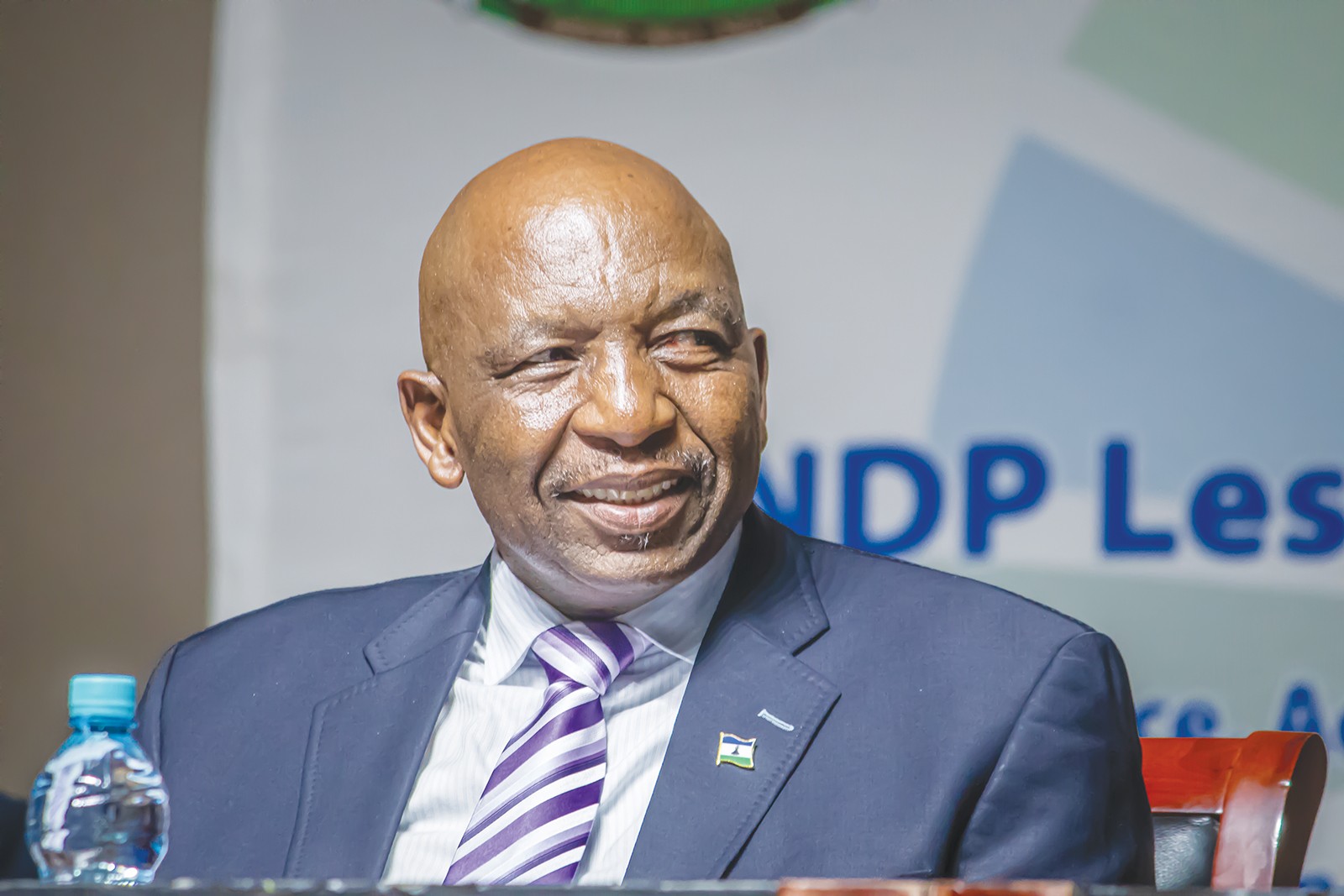
Matekane mourns former Kenyan PM Odinga
7 days ago
Man seeks justice after assault at Ha Tsosane
10 days ago
Union blasts govt as Kao Mine faces shutdown
10 days ago
NUL students invent M200 heartbeat tracker
10 days ago
LNDC seeks Loti Brick liquidation
10 days ago